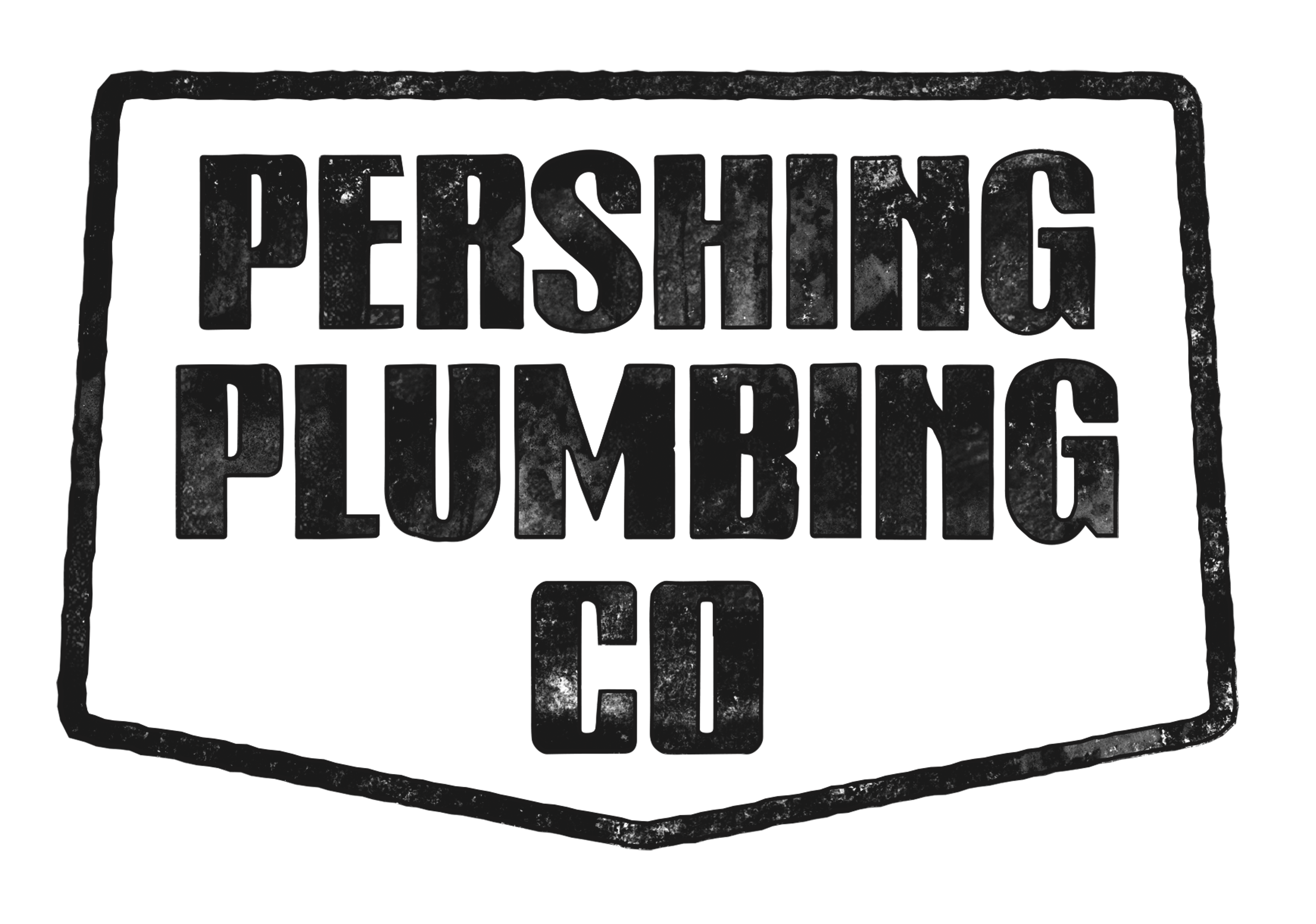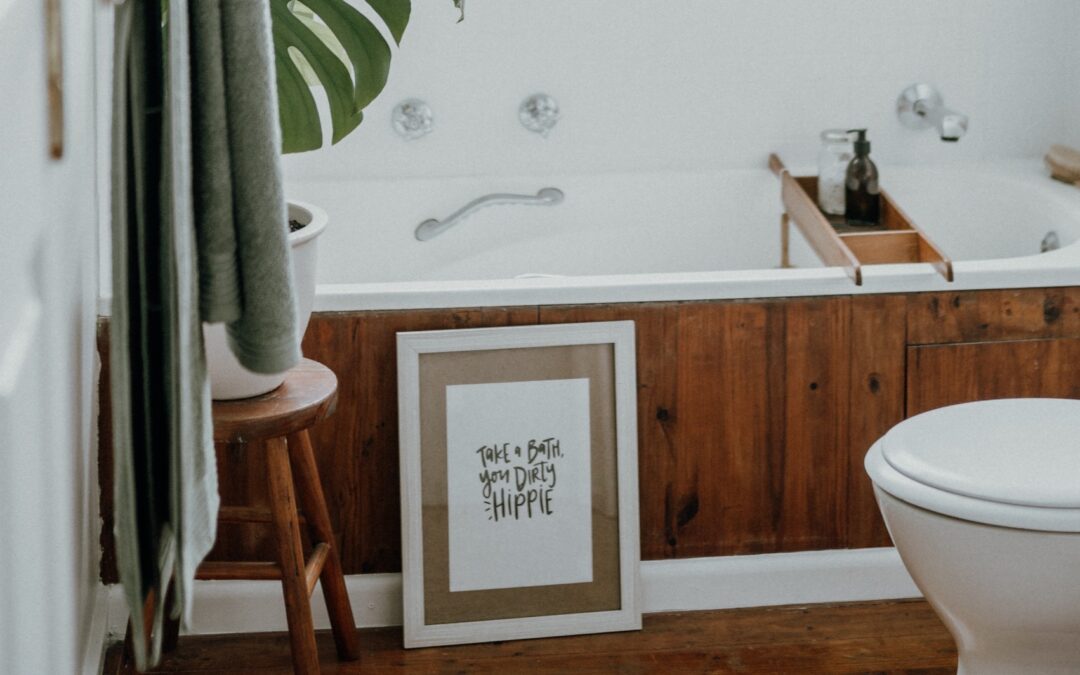Your plumbing drain system, one of the most vital components of your home’s plumbing system, is crucial. It is responsible to carry waste water and sewage away. If it’s not functioning properly, it could lead to serious problems. We will be covering important details about your plumbing drain system. These information will help you to better understand it and keep it in top condition.
Types of Drains
There are two main types to drain your home. Your home’s interior drains include your sinks and toilets. You will also find exterior drains outside your home, such as yard drains or gutter drains. Understanding the various drain types in your home will help you to identify potential problems faster and determine when it is time for a professional to assist.
Drainage pipes
The main components of your plumbing drainage system are drain pipes. They transport waste water and sewerage away from your house and into the sewer system or septic tank. PVC, copper, and cast iron are some of the materials that drain pipes can be made from. It is important to know the type of drainage pipes you have in your house. Different materials require different maintenance techniques.
Drain traps
Another important part of your plumbing drain system is the drain traps. They can be found under sinks or toilets. Their purpose is to stop sewer gases from getting into your home. Drain traps trap water and create a barrier between your home, the sewer system and your home. It is possible that drain traps aren’t working correctly if you smell foul odors coming out of your drains.
Clogs
Clogs are a common problem with plumbing drain systems. They can form in any part of your plumbing drain system and can be caused from a number of factors including hair and food waste. While some clogs are easily cleared by using a drain snake or a plunger, others will require professional plumbing assistance.
Maintenance
To keep your plumbing drain system in top condition, it is important to do regular maintenance. Maintaining a clean drain system, avoiding grease and oil down your drains, as well as ensuring your drain traps work properly is key. A professional plumber should inspect your plumbing drain system regularly to detect potential problems before they get worse.
Upgrades
You can improve your plumbing system’s efficiency and prevent future problems by updating it. These upgrades can include water-saving fixtures, larger pipes, and a backwater valve to prevent sewage backups. These upgrades not only improve the performance and efficiency of your plumbing drain system but also save you money on water bills and prevent expensive repairs down the road.
Knowing the basics of your drainage system can help you find problems faster and keep it in top condition. You can make sure your plumbing drain system runs smoothly and efficiently by understanding the types and components of the drains in your house.

